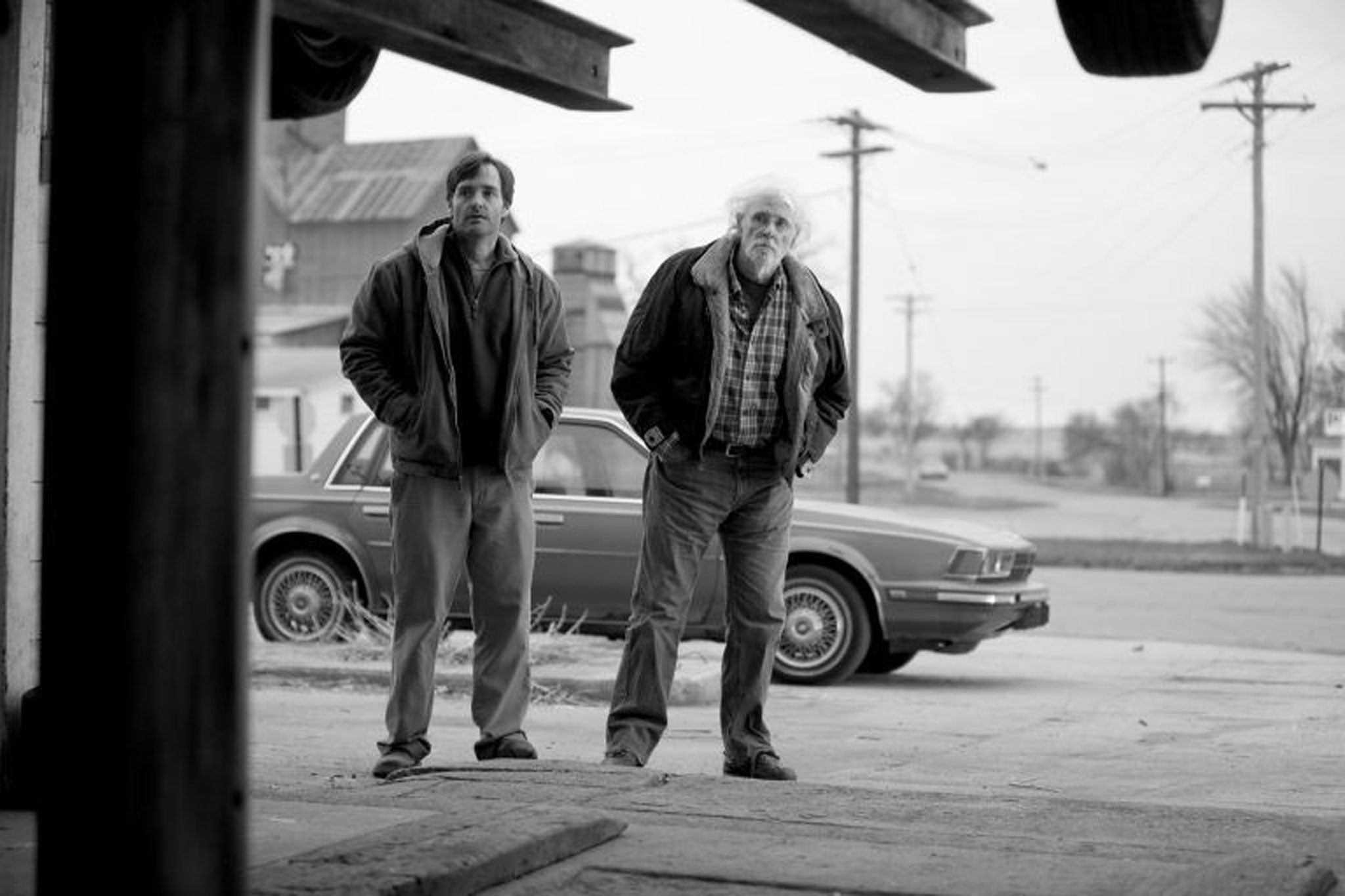Nebraska: Film review - Midwest road trip is on the right track
(15) Dir. Alexander Payne; Starring Bruce Dern, Will Forte, 115mins

Your support helps us to tell the story
From reproductive rights to climate change to Big Tech, The Independent is on the ground when the story is developing. Whether it's investigating the financials of Elon Musk's pro-Trump PAC or producing our latest documentary, 'The A Word', which shines a light on the American women fighting for reproductive rights, we know how important it is to parse out the facts from the messaging.
At such a critical moment in US history, we need reporters on the ground. Your donation allows us to keep sending journalists to speak to both sides of the story.
The Independent is trusted by Americans across the entire political spectrum. And unlike many other quality news outlets, we choose not to lock Americans out of our reporting and analysis with paywalls. We believe quality journalism should be available to everyone, paid for by those who can afford it.
Your support makes all the difference.Bruce Dern and the Saturday Night Live cast member Will Forte – each of whose performances previously tended towards the wild-eyed – give equally restrained but deeply moving performances as a father and son who overcome their emotional estrangement during a quixotic road trip through the American Midwest.
It is a funny film, but when ranked alongside Alexander Payne's previous road movies, it is tonally more similar to About Schmidt than Sideways. There is a wonderful economy of expression to his movie-making here, and a lyrical terseness to the script.
Like Dern's character Woody Grant, the film says just what it means to and no more. And at its start, the flat Nebraskan countryside would seem to reflect the characters' featureless inner lives.
But in the same way that the black-and-white cinematography beautifies without romanticising the economically depressed landscape, so Payne brings a clear-sighted compassion to his treatment of characters who are usually either sentimentalised or mocked.
In fact, it is the best film yet by one of US cinema's most perceptive and sympathetic observers of human behaviour.
Join our commenting forum
Join thought-provoking conversations, follow other Independent readers and see their replies
Comments